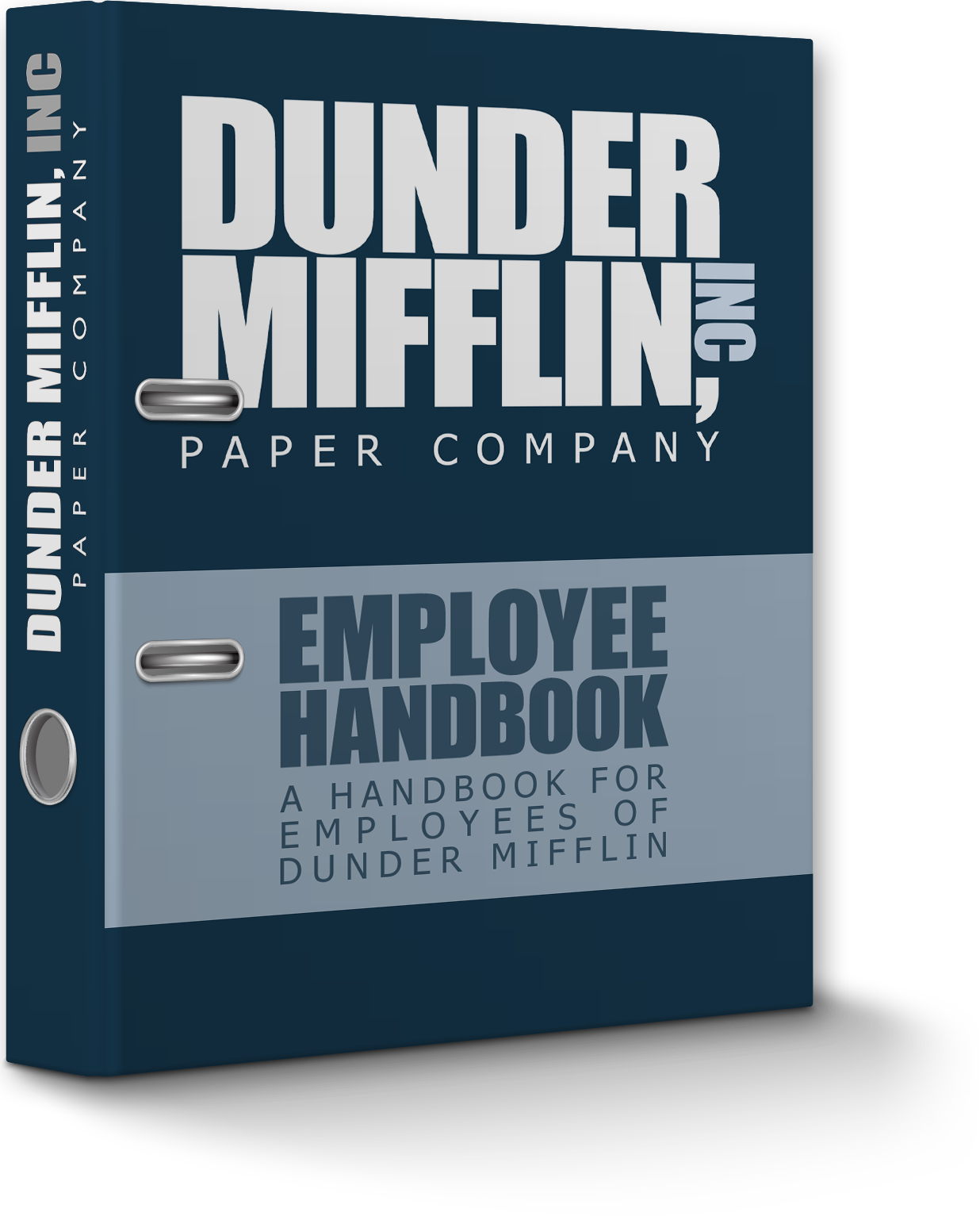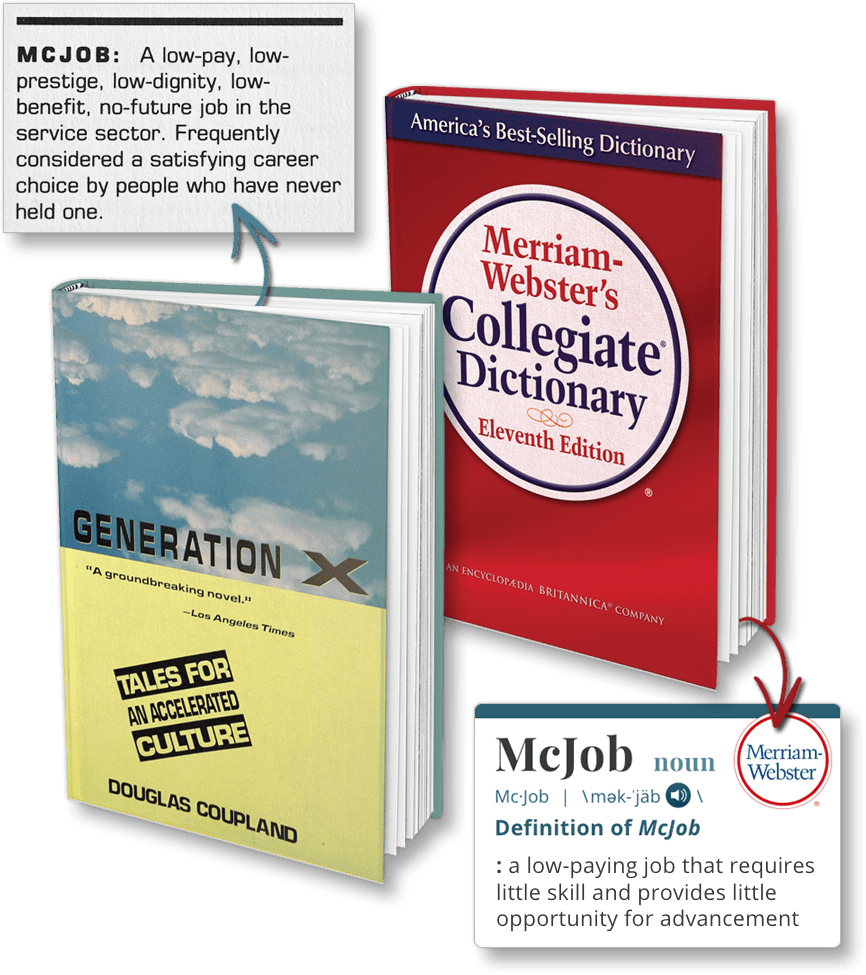
- The scenario texts are deliberately disorganized and poorly written. Scenario texts contain unnecessary, irrelevant, and/or “unprofessional” information; the details are disorganized and generally out of order; and the texts are poorly written. This is on purpose—to force you to make choices about what information you’ll include, in what order, using what tone, etc.
- In other words, be selective about the information you include in your correspondence—omit unnecessary or irrelevant information (information that doesn’t help you to achieve your purpose/s)—organize content logically and effectively, use a rhetorical approach, etc. to to meet the needs of your audience.
- You may make up information/details (such as an end date for action, if one is not provided) to add to your correspondence if you feel it is necessary. However, any additional information/details must not significantly change the context/scenario and must be noted in your document plan(s).
- If you are writing as the representative of a company, you do not need to create/provide letterhead. However, be sure to indicate your position and organization in the signature block.
- All of your correspondence should be formatted according to the conventions of their genres—in other words, letters should look like letters, memos should look like memos, etc.
- For emails, remember to include all of the necessary fields (To Address, From Address, Subject [and, if needed, CC, BCC, Attachments]).

It’s been a hectic year. Daniel mentions that some managers, department heads, and supervisors will want to attend a training workshop on March 18th where they can update their skills. Tony Findley, Scranton branch Human Resources Representative, will lead the workshop. People who want to reserve a space in the training workshop should contact Tony at t.findley@dundermifflin.com. When you ask Daniel what procedures you should include in the memo, he tells you to consult the Dunder Mifflin employee handbook and pick out the most important steps.
In the handbook, you find suggestions that say each employee should have a performance plan with three or four main objectives. In the appraisal, the supervisor should mention three strengths the employee has, as well as three weaknesses. One interesting comment in the handbook indicated that improvements should focus on skills, such as time management, rather than on things like being late frequently. Supervisors are supposed to use a scale of 1 to 5 to assess employees: 1 = consistently exceeds requirements; 5 = does not meet requirements at all. (You think to yourself that the scale is screwy; it’s certainly not like grades in school, but you can’t change the scale.) Finally, supervisors should meet with employees to discuss the appraisal. Completed appraisals should be sent to Daniel’s office.
The McAfrika Burger sounded like a terrific new sandwich to fast-food giant McDonald’s. Made from an authentic African recipe, the pita bread sandwich combined beef, cheese, tomatoes, and salad. But when launched in Denmark, it triggered an avalanche of criticism and bad publicity. McDonald’s was accused of “extreme insensitivity” in releasing the new sandwich when 12 million people are facing starvation in southern Africa. Aid agencies trying to raise funds to avert famine in southern Africa were particularly vociferous in their complaints. They said the McAfrika marketing campaign was “insensitive, crass, and ill considered.” Linn Aas-Hansen, of Danish Church Aid, complained that it was “inappropriate and distasteful to launch a hamburger called McAfrika when large portions of southern Africa are on the verge of starvation.” To punctuate their protest, members of the aid group distributed “catastrophe crackers” outside McDonald’s restaurants in Copenhagen. These crackers are protein-rich biscuits given to starving Africans.
Facing a public relations debacle, McDonald’s Denmark immediately began a damage-control strategy. Spokeswoman Magda Andersen apologized, saying that the name of the product and the timing of its launch were unfortunate. She said the company would consider sharing the proceeds from its sales with aid agencies. McDonald’s also offered to allow aid agencies to leave collection boxes and fund-raising posters in its Danish restaurants that sold the McAfrika sandwich during its promotional sale. McDonald’s head office issued a statement saying, “All of the involved parties are happy with the solution. We hope this will put a wider focus on the important job that these organizations are doing, and McDonald’s in Denmark is pleased to be able to support this.” Although the McAfrika was launched only in Denmark, the protest made headlines in the United States and other countries.

The folks at McDonald’s fumed when they heard about the latest edition of a highly regarded dictionary. Merriam-Webster’s Collegiate Dictionary defined the word “McJob” as “a low-paying job that requires little skill and provides little opportunity for advancement.” Naturally, McDonald’s was outraged. One executive said, “It’s a slap in the face to the 12 million men and women who work hard every day in America’s 900,000 restaurants.”
The term McJob was coined by Canadian novelist Douglas Coupland in his 1991 novel Generation X. In this novel the term described a low-prestige, low-dignity, low-benefit, no-future job in the service sector. McDonald’s strongly objects to this corruption of its name. For one thing, the company rejects the notion that its jobs are dead ends. Significant members of top management—including the president, chief operating officer, and CEO—began their McDonald’s careers behind the counter. Moreover, when it comes to training, McDonald’s trains more young people than the U.S. armed forces. What’s more, McDonald’s is especially proud of its “MCJOBS” program for mentally and physically challenged people. Some officers even wonder if the dictionary term “McJob” doesn’t come dangerously close to the trademarked name for its special program.
Another point that rankles McDonald’s is that, according to its records, over 1,000 people who now own McDonald’s restaurants received their training while serving customers. Who says that jobs at McDonald’s have no future? The CEO is burned up about Merriam-Webster’s dictionary definition, and he wants to send a complaint letter. But he is busy and asks you, a member of the communication staff, to draft a first version. He’s so steamed that he’s thinking of sending a copy of the letter to news agencies.